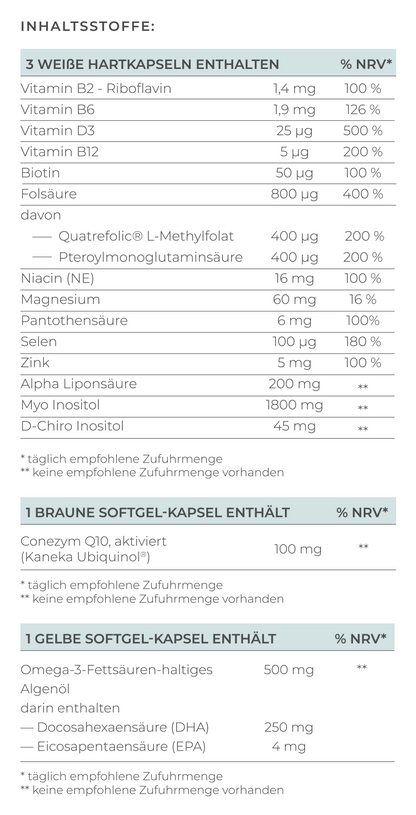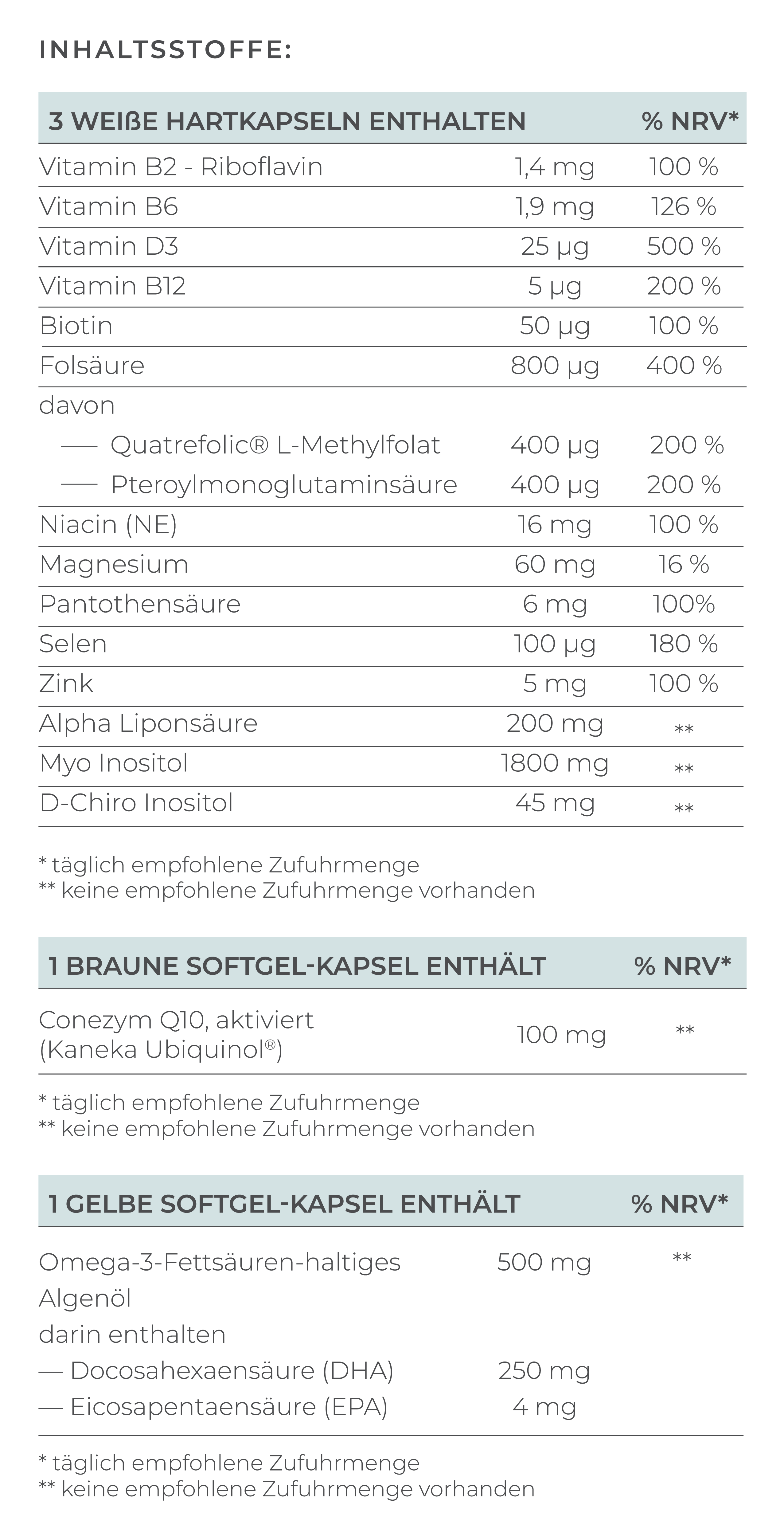Key Facts About Idiopathic Infertility:
-
Idiopathic infertility occurs when, despite comprehensive diagnostics, no medically explainable reason for the inability to conceive is found.
-
Up to 30% of couples struggling with infertility are affected.
-
The first treatment often involves cycle monitoring.
-
If this proves unsuccessful, IUI, IVF, or ICSI may be considered.
-
The average pregnancy rate per IVF cycle for idiopathic infertility is approximately 24.5%.
Infertility Without an Identifiable Cause
When a couple wishes to conceive but pregnancy fails to occur—despite normal medical findings and extensive examinations—they often embark on an emotional and medical odyssey. The term idiopathic infertility refers to exactly this situation: infertility without an identifiable cause.
What Does Idiopathic Infertility Mean?
Idiopathic infertility is diagnosed when no identifiable cause for infertility is found despite thorough examinations. All common reasons—such as hormonal imbalances, anatomical abnormalities, or genetic factors—have been ruled out, yet the reason for the inability to conceive remains unclear.
How Common Is Idiopathic Infertility?
Approximately 10–30% of couples facing infertility receive a diagnosis of idiopathic infertility. In European fertility clinics, the percentage is typically around 20%, meaning that every fifth to every third couple with fertility issues finds no identifiable cause despite extensive individual diagnostics.
What Treatment Options Exist for Idiopathic Infertility?
Even when no clear cause of infertility is found, couples with idiopathic infertility have various treatment options, ranging from cycle monitoring to assisted reproductive methods:
-
Cycle Monitoring: This method helps determine the optimal timing for conception by observing natural cycle indicators such as basal body temperature, cervical mucus, or ovulation via ultrasound. It enables couples to better understand their own bodies and precisely target fertile days.
-
Cycle Monitoring With Hormonal Stimulation: If ovulation is irregular or requires support, monitoring can be supplemented with hormonal stimulation. Medications like Clomiphene or gonadotropins help mature eggs and enhance the chances of fertilization—even if there are no apparent hormonal issues. [1]
-
Intrauterine Insemination (IUI): IUI involves placing specially processed sperm directly into the uterus near the site of fertilization. This method is particularly beneficial when ovulation timing is well known.
-
In-Vitro Fertilization (IVF): Eggs and sperm are combined in a laboratory, and the fertilized embryos are transferred into the uterus. IVF is frequently used for idiopathic infertility, especially when other treatments have been unsuccessful.
-
Intracytoplasmic Sperm Injection (ICSI): A specialized form of IVF where a single sperm is directly injected into an egg. ICSI is usually used when sperm quality is impaired, but it may also be helpful in cases of idiopathic infertility.
What Else Can Be Done for Idiopathic Infertility?
Lifestyle Changes and Alternative Therapies
-
Diet and Lifestyle Adjustments: A healthy diet, regular exercise, and stress reduction can support fertility.
-
Micronutrients: Scientific studies have demonstrated the beneficial effects of antioxidants, vitamins, and minerals on egg and sperm quality. Online, protocols like Pimp my Eggs and Pimp my Sperm circulate. VILAVIT Female and VILAVIT Male were developed by leading reproductive specialists based on the latest research to enhance egg quality; sperm production, count, and quality. [2][3][4]
-
Acupuncture and Other Alternative Treatments: Some studies suggest that acupuncture and alternative therapies can complement conventional medical fertility treatments. However, these methods should always be discussed with a medical professional. [6]
Psychological Counseling and Support
-
Psychological Counseling: The emotional strain of idiopathic infertility can be significant. Professional psychological counseling can help manage stress and strengthen coping strategies.
-
Self-help groups and Online Communities: Connecting with others facing similar struggles can provide support, understanding, and valuable advice.
What Are the Success Rates for Idiopathic Infertility?
Success rates for idiopathic infertility can vary widely, depending on factors such as partner age, duration of infertility, overall health, and chosen treatment methods.
Typically, IVF success rates for idiopathic infertility are around 24.5% per cycle, depending on variables like age. [7]
Future Outlook and Research
Research in reproductive medicine continues to advance. Emerging technologies, such as preimplantation genetic diagnosis (PGD) and innovative genetic tests, may help better understand the causes of idiopathic infertility and develop targeted treatments. [7]
References
-
Mbi Feh MK, Patel P, Wadhwa R. Clomiphene. In: StatPearls Publishing, 2024.
-
Vašková et al. The Importance of Natural Antioxidants in Female Reproduction. Antioxidants, 2023.







































